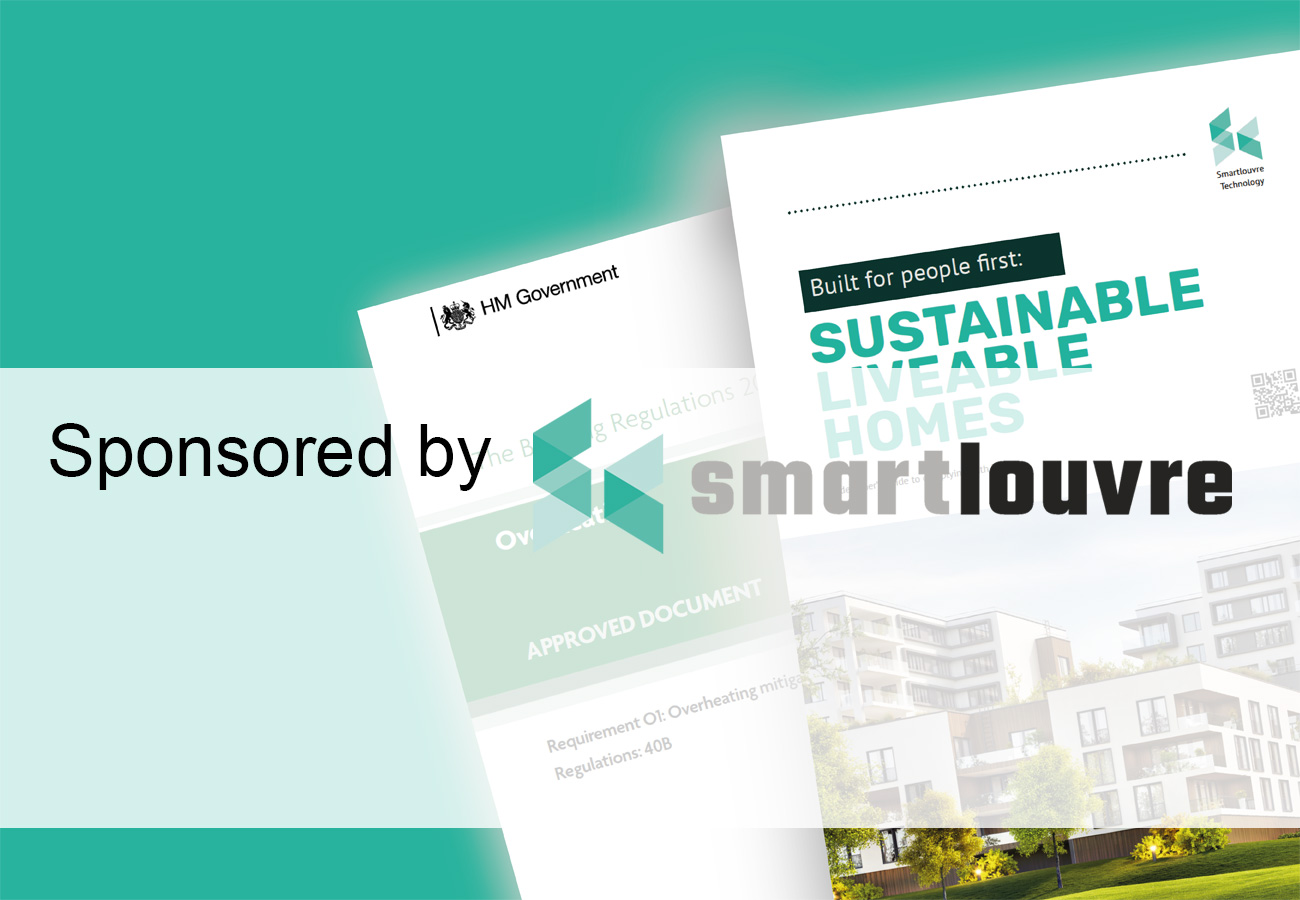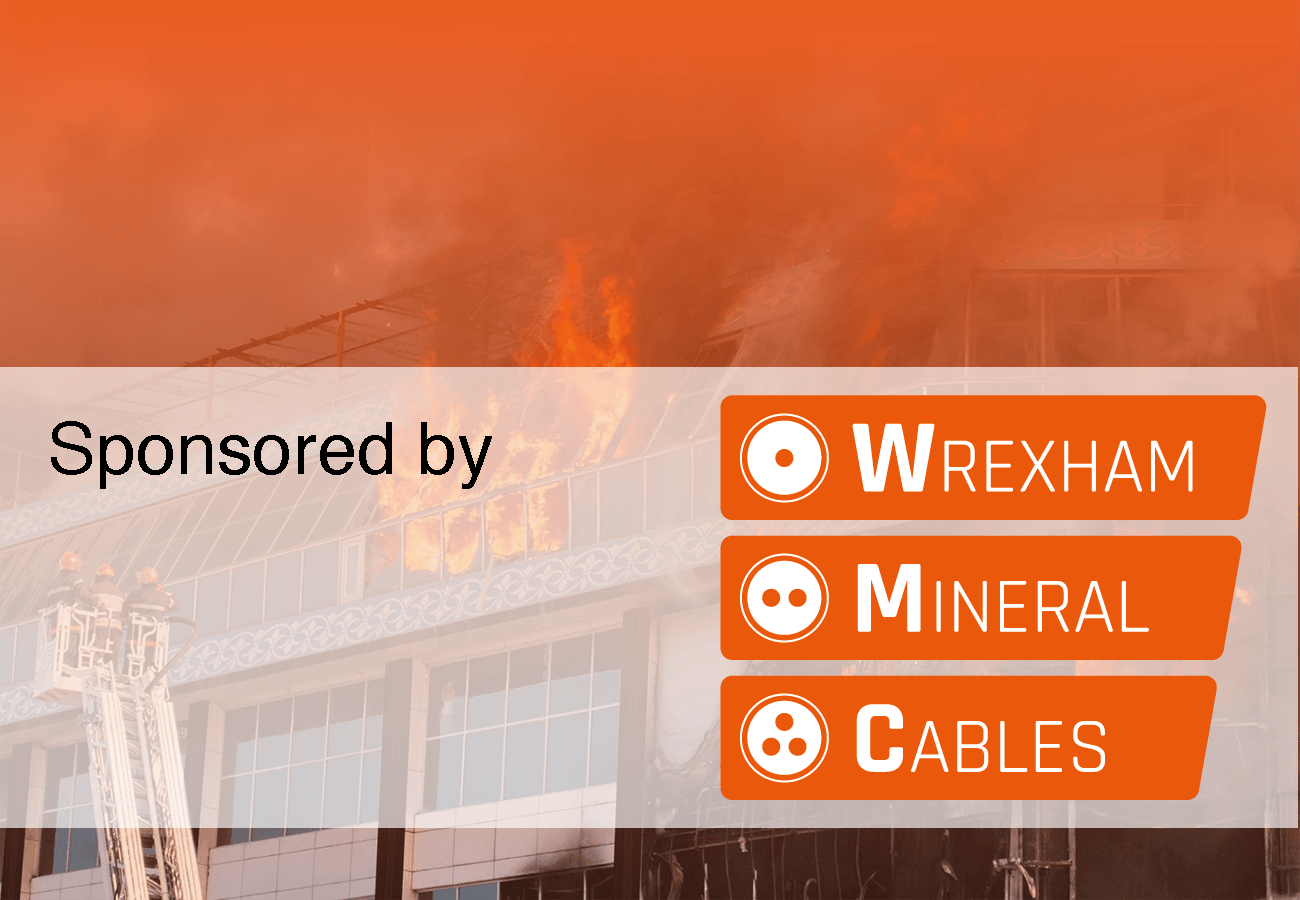White papers

The role of critical power systems in our journey to net zero
This opinion piece considers some of the impact…
February 2025

Humidity research paper
Humidity affects properties, materials and our well-being. However,…
March 2023

Avoid the risk of new homes failing to pass building regs under the new Part O
Guidance from designers, building physicists, simulation experts and…
August 2022

How to improve building energy efficiency with IEC 60364-8-1
As the number of buildings and their associated…
April 2022

Seizing the future of energy management
Energy’s future will embrace new value chains interconnected…
March 2022

Reform the design-build process
Building owners and tenants are demanding greater, verifiable…
March 2022

Thermally Activated Building Structures
A structural approach to space heating and cooling
June 2021

White paper: Optimising your building services installation
Walraven guide aims to reduce cost, time on…
June 2021

White paper: Make it right – Best practice guidelines to reduce the impact of corrosion on precision carbon steel
Understanding the reasons for corrosion and identifying some…
March 2019

